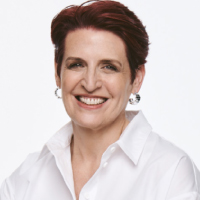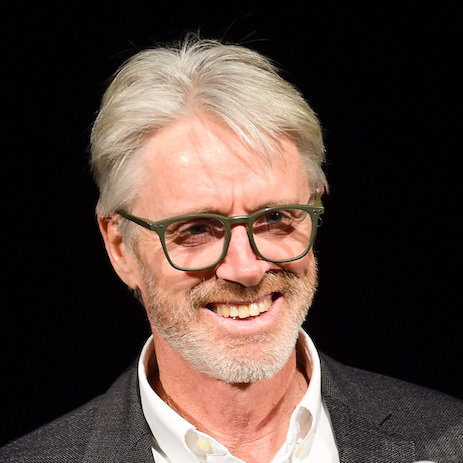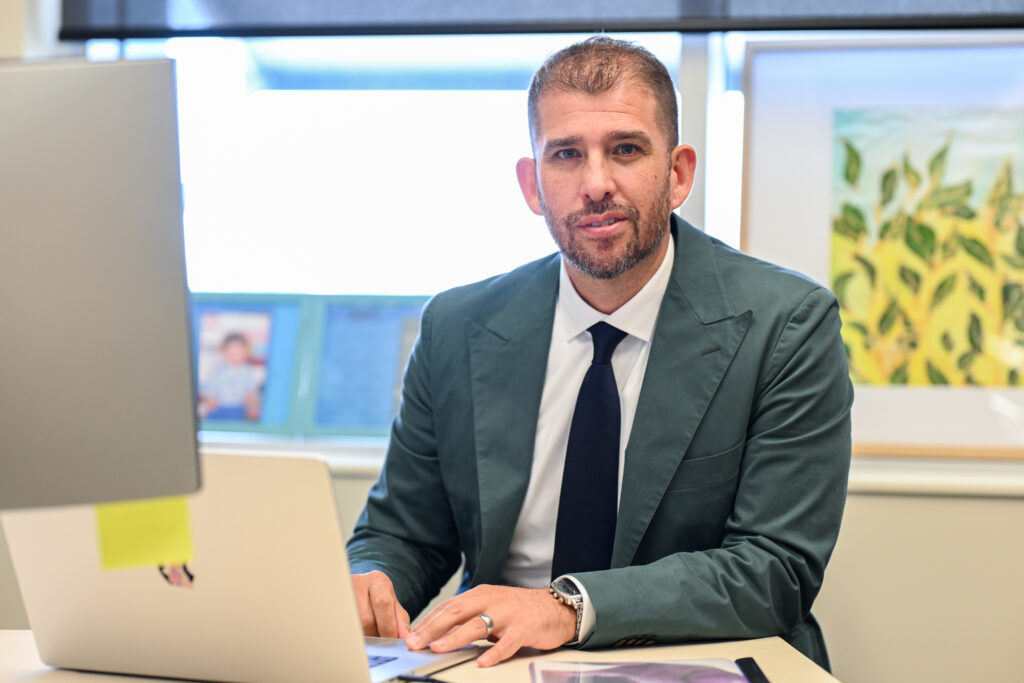Ovarian cancer continues to leave a long-lasting impact on women and their families around the world, with each individual story highlighting the strength and resilience needed to navigate a diagnosis that often leaves patients with more questions than answers.
Even so, the history of ovarian cancer research paints a picture of an often overlooked and underfunded disease and another example of what’s coming to be understood as medical misogyny.
With three women dying every day in Australia from ovarian cancer and around 1,800 Australians expected to be diagnosed this year alone, increased investment into medical research is critical to accelerating progress.
Right now, both nationally and internationally, researchers and advocates are joining forces to speed up the search for solutions and offer hope to women today and for future generations. From world-class research efforts happening here in Australia to global gatherings of the world’s greatest cancer minds, there are promising developments in the pipeline.
Thankfully, a new era for ovarian cancer research is being ushered in. There is increasing collaboration between various sector organisations, researchers, clinicians and governments which is helping share fundamental knowledge from around the world, providing a critical mass of information about a these less common cancers.
A gathering of the brightest minds in ovarian cancer research
Last year an international ovarian cancer forum took place in the UK, bringing together researchers and advocates from Australia, Canada, the USA and UK to share ideas and information to support accelerated progress by the global ovarian cancer community.
A powerful collaboration, the 2024 Helene Harris Memorial Trust International forum offered space for researchers to contribute to formulating a tangible roadmap that will outline recommendations towards solutions for the most common and aggressive sub-type of ovarian cancer, high-grade serous or HGSOC.
Australia’s leading independent funder of ovarian cancer research, the Ovarian Cancer Research Foundation, had a seat at the table with CEO Robin Penty in attendance.
Noting that the global meeting was filled with many of the top minds in ovarian cancer research around the world, Penty says that “one thing we heard, day-after-day, was we need to be working more closely together. We’re stronger together.”

Co-Chair of the Forum, and one of Australia’s leading ovarian cancer researchers, Professor David Bowtell from the Peter MacCallum Cancer Centre, was also in attendance at the forum, which he says was “an incredibly interactive group”, where “there was such a willingness to share ideas.”
“There’s a tremendous spirit of collaboration in the community,” he says about ovarian cancer research, adding that, in this forum “you’ve got the best minds in the world working collectively on this problem, which is exactly what you would want. It’s a tough problem. If it was an easy problem, we would have solved it years ago.”

International collaboration and local impact
Australia has an incredibly high-quality field of researchers in the ovarian cancer space, and Penty says the OCRF has begun collaborating with colleagues overseas, in Canada, the US and the UK.
“What we know is that funders in philanthropy can actually galvanize, engage and expand research in ways that governments may not be able to, in a time frame that’s going to help these women to survive,” says Penty.
“I’m very keen to see survival outcomes improve in my lifetime—which is very ambitious—but when funders align and are clear about the priorities, we can make great change.”
Professor Bowtell is also the Principal Investigator of the Australian Ovarian Cancer Study. It’s a collaborative research program between clinicians, scientists, patients, and advocacy groups aimed at improving the prevention, diagnosis, and treatment of ovarian cancer.
The Bowtell lab’s ‘exceptional responder’ research in Australia examines why and how some women successfully beat the odds to survive 10 years or more after diagnosis. The Bowtell lab has also formed a consortium funded by the US Department of Defense, to look at the biology of tumours, immunology and lifestyle factors related to ovarian cancer.
Despite being the most lethal gynaecological disease, ovarian cancer currently has no early detection test and often vague symptoms, meaning it is often diagnosed in late stages when it, is difficult to treat.
International collaborations are also key to the work of another leading ovarian cancer researcher, Professor Carlos Salomon Gallo, Director of the UQ Centre for Extracellular Vesicle Nanomedicine.
Professor Salomon Gallo’s team is currently developing the OCRF-7 ovarian cancer diagnostic test, involving a combination of biomarkers, which has the potential to detect the presence of ovarian cancer at an early stage with high accuracy.

With potential for huge impacts in the cancer space, Professor Salomon Gallo has taken his research findings around the world, meeting with other researchers, healthcare professionals and industry experts to validate and test his work in an international context.
“International collaboration is essential for advancing ovarian cancer research in Australia, particularly in the development of a fit-for-purpose early detection test,” says Professor Salomon Gallo.
“Given the complexity of ovarian cancer diagnosis and the historical challenges faced by past efforts, a global, multidisciplinary approach is required to overcome barriers and drive innovation.”
By working across borders, we can accelerate innovation, meet regulatory standards, and ultimately bring life-saving screening tools to women worldwide.
The Ovarian Cancer Research Foundation has been supporting Professor Salomon Gallo’s work since 2017. Last year, a new OCRF grant helped attract major additional funds from the Australian Government’s National Health and Medical Research Council (NHMRC) scheme, to reach a total of $2.9m to further investigate the high potential early detection test.
Lifesaving research across borders
This ongoing, lifesaving research doesn’t occur in a vacuum. As projects proliferate, their value becomes evermore far-reaching, making global collaboration across sectors essential.
Putting the importance of this growing research into context, Penty emphasises that the ovaries are “the source of all life for everyone on the planet”, as well as impacting all sorts of hormonal conditions, “from menstruation to fertility through to menopause, and many other related conditions.”
“This disease has been overlooked for too long,” says Penty, adding that “it’s time we crack the code” on improved outcomes.
The Ovarian Cancer Research Foundation (OCRF) is Australia’s leading independent funder of ovarian cancer research, dedicated to transforming outcomes for the most lethal women’s cancer. In Australia, less than 50 per cent of women and girls diagnosed with ovarian cancer will survive more than five years.
The OCRF is rewriting this story and accelerating progress by increasing awareness, advocating for greater investment and equity, collaborating nationally and internationally, and strategically funding high impact medical research.
Learn more: www.ocrf.com.au

